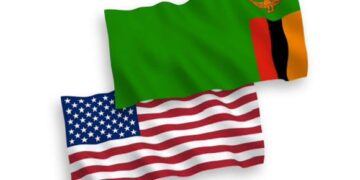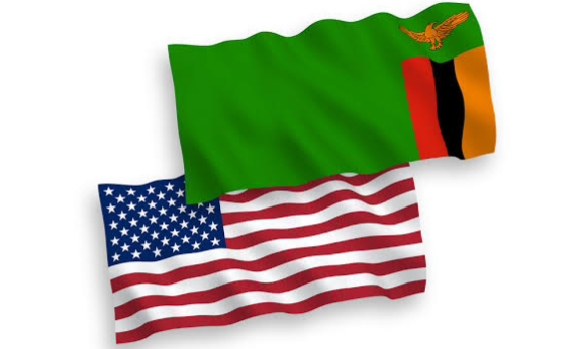By Emmanuel Nduka
The United States has announced it will cut $50 million in annual medical assistance to Zambia, citing the country’s inadequate response to widespread theft and illegal sale of donated medicines.
US Ambassador to Zambia, Michael Gonzales, told reporters on Thursday that Washington could no longer justify the level of aid provided, as Zambian authorities have failed to take meaningful action against systemic corruption in the healthcare sector.
In 2024, the US embassy demanded decisive steps to address the large-scale theft of life-saving medications, including treatments for malaria, HIV, and tuberculosis intended to be distributed free of charge to the public.
However, Gonzales said investigations have largely targeted minor offenders, while high-level perpetrators remain untouched.
“There have been few arrests, and enforcement efforts have focused on low-level actors,” Gonzales said. “Meanwhile, the masterminds behind this theft continue to evade justice,” he added.
Zambia’s health ministry has not yet responded to the development.
The southern African country of 21 million people, relies heavily on foreign aid. The US currently funds about one-third of the country’s public health budget.
Gonzales stated that continued support is unsustainable without stronger oversight and accountability from Lusaka.
The theft ring was uncovered in late 2021, and a subsequent inspection of more than 2,000 pharmacies in 2024 revealed that many were selling stolen drugs, including those provided for free by the US and other donors such as the Zambian government and the Global Fund.
Gonzales stressed that the aid cut, effective January 2026, is separate from broader US foreign aid reviews. When asked whether the decision could be reversed, he said: “After three years of raising the issue and a year of intensive engagement, we’ve made our decision.”
Zambia has long struggled with corruption, and although President Hakainde Hichilema came to power in 2021 vowing to tackle graft, the pace of reform has slowed. Initial anti-corruption efforts included arrests and asset seizures, but momentum has since waned.
More than 64 percent of Zambians live in poverty, making reliable access to healthcare critical.



































